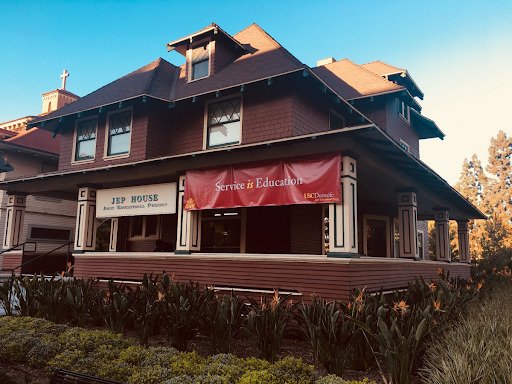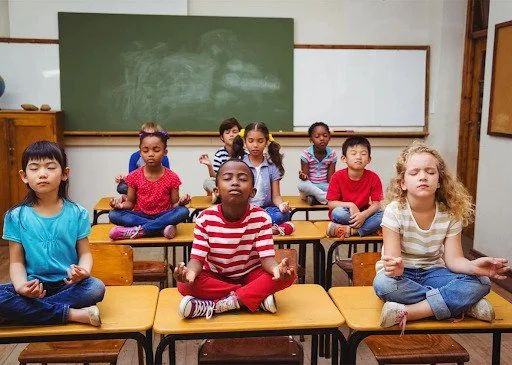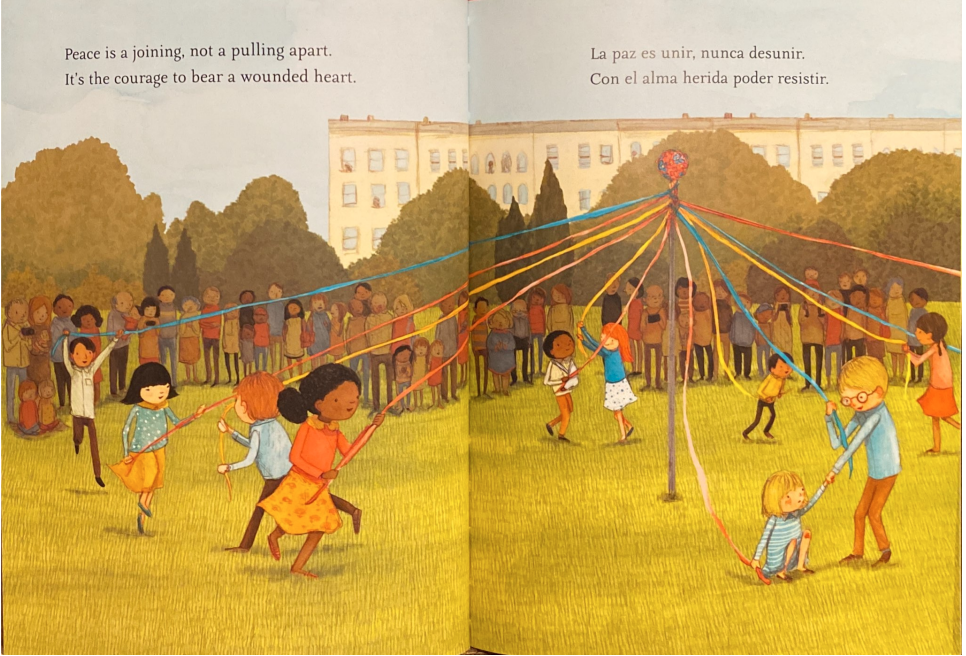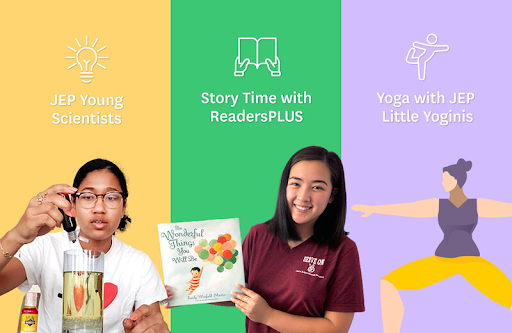3 Lessons I Learned from Volunteering with JEP
By: Kelsey Cheng ‘25
USC’s Joint Educational Project (JEP) is one of the oldest and largest service-learning programs in the United States. As a volunteer, Trojans can tutor local students, teach yoga, instruct lessons, and more. This fall, I volunteered as a team member for the Peace Project, a mini-course taught at local elementary schools about peacemaking. Here are some of the lessons that I learned from my first time teaching.
Kids are unfiltered.
When I entered the Zoom classroom, I was greeted by a lively class of 2nd graders. Throughout the lesson, they would say anything that came to their mind. I heard about their families, favorite everything’s, weekend plans, and brutally honest thoughts about me and my Peace Project team. One time, my team entered the Zoom room and a handful of kids shouted, “they’re pretty!” I was also surprised by their exposure to pop culture. I couldn’t believe that seven-year-olds were singing “The Box” by Roddy Ricch and “MONTERO” by Lil Nas X. I was caught off guard at first, but I realized that seven-year-olds are more mature than we think. We can talk to them like, they’re well…people!
2. Technical difficulties are hard, but we can still make connections.
I was bummed that JEP was online this semester. I was looking forward to interacting with the kids and teaching with my teammates. Despite talking through a screen, I had so much fun with the students. My favorite memory is when we showed off our dance moves to “Can’t Stop the Feeling.” That being said, we did have our fair share of technical difficulties. Kids LOVE to talk, so I had to play whack-a-mole to individually mute everyone on Zoom. When a learning material wasn’t loading, my team acted on the fly to substitute the activity. Zooming into a classroom was definitely a new experience, but I’m glad that I got to volunteer in a fun, safe way.
3. Mental health is important on an individual and communal level.
After teaching kids about mental health practices, I started adopting them into my everyday life. Techniques like meditation and listening to calm music help me destress whenever I need a break.
Looking at the Peace Project’s greater impact, the course focuses on peacemaking skills like dealing with emotions, forgiveness, and meditation. These soft skills seem like they would be naturally taught on the playground, but that’s not always the case. These skills are even more important for LAUSD kids, who may experience socioemotional challenges related to financial insecurity, discrimination, or COVID-19. JEP does a great job of emphasizing the social structures at play within our service through reflective essay assignments. In a group discussion, we talked about the strengths and weaknesses of different volunteer programs and their impact on communities. I’m thankful that JEP doesn’t tiptoe around social issues; in fact, educational inequity caused by systemic oppression is an idea at the forefront of JEP’s volunteer philosophy.
Reflection:
I think more college students need to venture outside of the “USC bubble” and learn more about the greater University Park area. As someone pursuing a career in education, JEP gave me invaluable teaching experience in a classroom setting. It was rewarding to work with young kids and experience those “lightbulb moments” with them. I loved JEP and encourage everyone to get involved.
How can you get involved?
Certain classes offer extra credit if you sign up to be a JEP volunteer (in fact, all of my teammates were volunteering for a class). If teaching kids aren’t your interest, JEP offers other service opportunities like the Pre-law project or Trojan Health Volunteers. They also offer TA jobs like ReadersPlus and the Young Scientists Program. Commitment depends on your assignment, but my load was manageable; I taught for 1 hour a week for 6 weeks. There are outside commitments like training, group meetings, and essay assignments. If you’d like to get involved, check out the JEP website and browse their programs. Signs up occur during the first two weeks of each semester!
Want more from Trojans 360?
Visit Trojans 360 on Facebook & Twitter to stay up to date with more student content! You can also Ask A Trojan an anonymous question, and we’ll try to answer it in a future post. And don’t forget to follow us on Instagram!
Trojans 360 is USC’s official student-run blog. Content created by students, for students.





